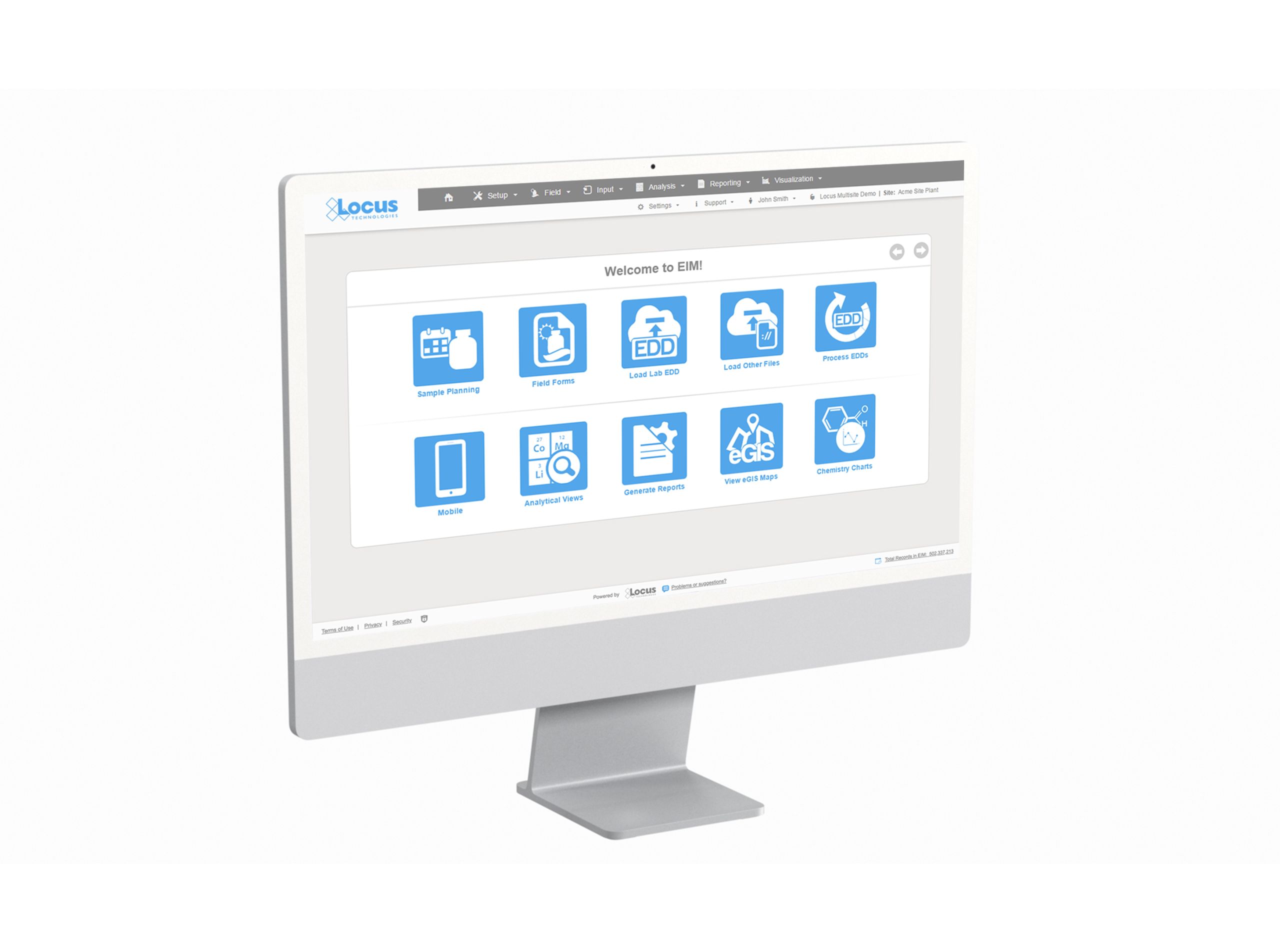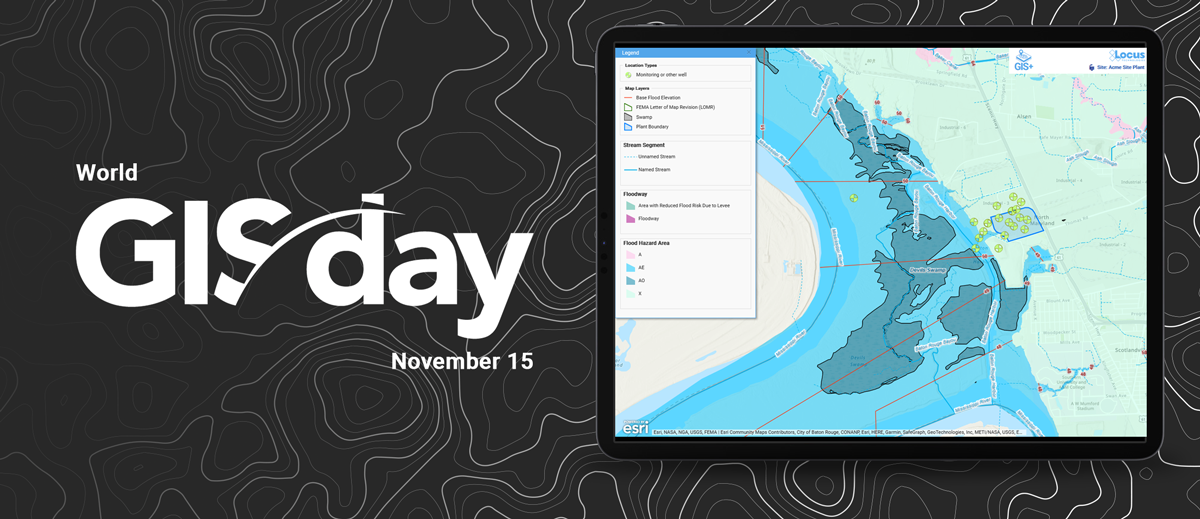Environmental Technology Blog
 https://www.locustec.com/wp-content/uploads/2024/01/2023Highlights.jpg
391
842
Locus Product Team
https://www.locustec.com/wp-content/uploads/2023/12/locus_logo_2x.png
Locus Product Team2024-01-05 10:46:002025-09-17 08:00:36Locus Highlights of 2023
https://www.locustec.com/wp-content/uploads/2024/01/2023Highlights.jpg
391
842
Locus Product Team
https://www.locustec.com/wp-content/uploads/2023/12/locus_logo_2x.png
Locus Product Team2024-01-05 10:46:002025-09-17 08:00:36Locus Highlights of 2023 https://www.locustec.com/wp-content/uploads/2023/01/SoftwareImp-scaled.jpg
1904
2560
Dr. Todd Pierce
https://www.locustec.com/wp-content/uploads/2023/12/locus_logo_2x.png
Dr. Todd Pierce2023-12-19 11:13:032025-09-17 08:44:28Visualize your Environmental Data with Dynamic Charting
https://www.locustec.com/wp-content/uploads/2023/01/SoftwareImp-scaled.jpg
1904
2560
Dr. Todd Pierce
https://www.locustec.com/wp-content/uploads/2023/12/locus_logo_2x.png
Dr. Todd Pierce2023-12-19 11:13:032025-09-17 08:44:28Visualize your Environmental Data with Dynamic Charting
Break down your Hazardous Waste Management process
When looking for a GHG reporting program, there is one element that is typically overlooked. This short video gives us more insight.
 https://www.locustec.com/wp-content/uploads/2023/12/Configuration.jpg
441
735
Dr. Todd Pierce
https://www.locustec.com/wp-content/uploads/2023/12/locus_logo_2x.png
Dr. Todd Pierce2023-12-07 10:44:322025-09-16 14:13:51Environmental Software that fits your organization
https://www.locustec.com/wp-content/uploads/2023/12/Configuration.jpg
441
735
Dr. Todd Pierce
https://www.locustec.com/wp-content/uploads/2023/12/locus_logo_2x.png
Dr. Todd Pierce2023-12-07 10:44:322025-09-16 14:13:51Environmental Software that fits your organization https://www.locustec.com/wp-content/uploads/2023/12/Security.jpg
554
915
J. Wesley Hawthorne
https://www.locustec.com/wp-content/uploads/2023/12/locus_logo_2x.png
J. Wesley Hawthorne2023-12-06 09:27:172025-09-17 08:32:48Why You Should Care About the SOC Report for Your EHS Software
https://www.locustec.com/wp-content/uploads/2023/12/Security.jpg
554
915
J. Wesley Hawthorne
https://www.locustec.com/wp-content/uploads/2023/12/locus_logo_2x.png
J. Wesley Hawthorne2023-12-06 09:27:172025-09-17 08:32:48Why You Should Care About the SOC Report for Your EHS Software
Streamline your EHS Inspections
When looking for a GHG reporting program, there is one element that is typically overlooked. This short video gives us more insight.

Preparing for your LCFS verification
When looking for a GHG reporting program, there is one element that is typically overlooked. This short video gives us more insight.
 https://www.locustec.com/wp-content/uploads/2023/11/GISDay2023.png
519
1200
Dr. Todd Pierce
https://www.locustec.com/wp-content/uploads/2023/12/locus_logo_2x.png
Dr. Todd Pierce2023-11-15 08:59:072025-09-17 07:30:48Happy GIS Day! Environmental Data Viewed in a Whole New Way
https://www.locustec.com/wp-content/uploads/2023/11/GISDay2023.png
519
1200
Dr. Todd Pierce
https://www.locustec.com/wp-content/uploads/2023/12/locus_logo_2x.png
Dr. Todd Pierce2023-11-15 08:59:072025-09-17 07:30:48Happy GIS Day! Environmental Data Viewed in a Whole New Way
Compliance Minute – Simplify your EHS Compliance Tasks with Groups
When looking for a GHG reporting program, there is one element that is typically overlooked. This short video gives us more insight.
